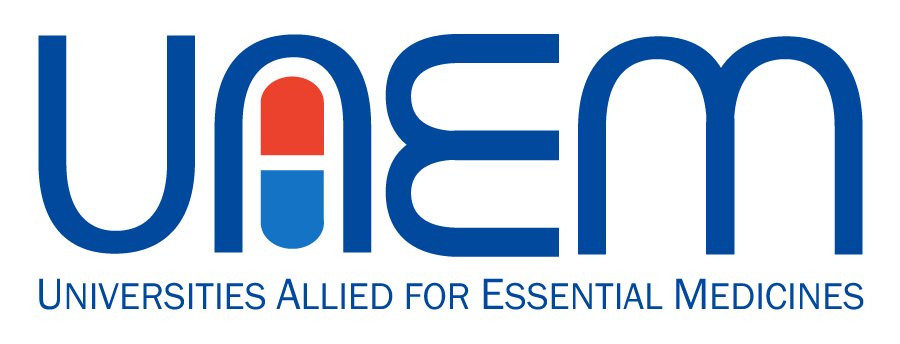An Equitable PABS System Requires Multilateral Cooperation
For Immediate Release: November 17, 2025
Contact: UAEM Access Team, access@uaem.org
WASHINGTON, D.C. — UAEM condemns the United States (U.S.) plan to tie their global health aid to pathogen data sharing. This unequivocally undermines the ongoing World Health Organization (WHO) negotiations for the Pathogen Access and Benefit Sharing (PABS) Annex, the final segment of the WHO Pandemic Agreement.
During the COVID-19 pandemic, hesitancy in sharing pathogen information led to delays in the development of vaccines, diagnostics, and therapeutics to fight the pandemic. Once developed, the inequitable global rollout left health systems in many low- and middle-income countries without these lifesaving tools. The PABS system creates a much needed framework to ensure an equitable balance between the sharing of future pathogen information with downstream benefit-sharing.
“The United States cannot simultaneously stop supporting evidence-based global health programs like USAID and try to dictate the way we fight pandemics,” said Justin Mendoza, executive director of UAEM North America. “Global health is a team effort, not one to be dictated by the country who left their seat at the negotiating table by withdrawing from the WHO.”
The PABS system is fundamentally a multilateral agreement and must remain that way for it to ensure global equity. The U.S. efforts to undermine the PABS system by tying their global health aid funding to receiving pathogen information, without integrating the downstream benefit sharing aspect, creates a power dynamic that will undoubtedly lead to further health injustices in low- to middle-income countries.
UAEM supports a PABS system that is transparent, equitable, and effective in both its preparedness and response, which requires global cooperation. Read UAEM’s Policy Brief on Centring Equity in Pathogen Access and Benefit-Sharing.
###
